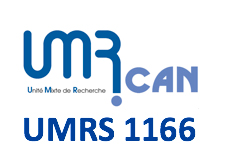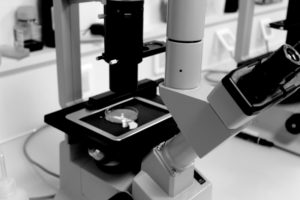Phosphatidylserine (PS) is a minor phospholipid constituent of high-density lipoprotein (HDL) that exhibits potent anti-inflammatory activity. It remains indeterminate whether PS incorporation can enhance anti-inflammatory effects of reconstituted HDL (rHDL). Human macrophages were treated with rHDL containing phosphatidylcholine alone (PC-rHDL) or PC and PS (PC/PS-rHDL). Interleukin (IL)-6 secretion and expression was more strongly inhibited by PC/PS-rHDL than PC-rHDL in both tumor necrosis factor (TNF)-α- and lipopolysaccharide (LPS)-stimulated macrophages. siRNA experiments revealed that the enhanced anti-inflammatory effects of PC/PS-rHDL required scavenger receptor class B type I (SR-BI). Furthermore, PC/PS-rHDL induced a greater increase in Akt1/2/3 phosphorylation than PC-rHDL. In addition, PC/PS but not PC-rHDL decreased the abundance of plasma membrane lipid rafts and p38 mitogen-activated protein kinase (p38 MAPK) phosphorylation. Finally, when these rHDL formulations were administered to dyslipidemic low-density lipoprotein (LDL)-receptor knockout mice fed a high-cholesterol diet, circulating IL-6 levels were significantly reduced only in PC/PS-rHDL-treated mice. In parallel, enhanced Akt1/2/3 phosphorylation by PC/PS-rHDL was observed in the mouse aortic tissue using immunohistochemistry. We concluded that the incorporation of PS into rHDLs enhanced their anti-inflammatory activity by modulating Akt1/2/3- and p38 MAPK-mediated signaling through SR-BI in stimulated macrophages. These data identify PS as a potent anti-inflammatory component capable of enhancing therapeutic potential of rHDL-based therapy.
Keywords: atherosclerosis, inflammation, phospholipids, rHDL.


